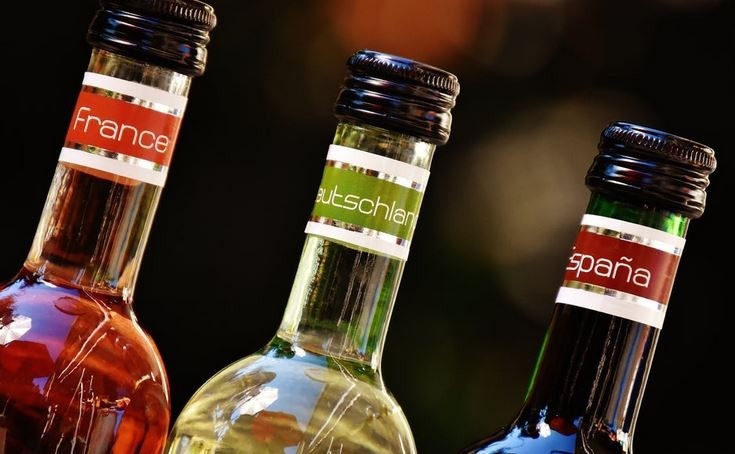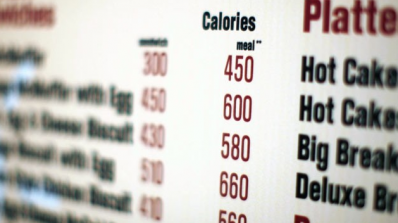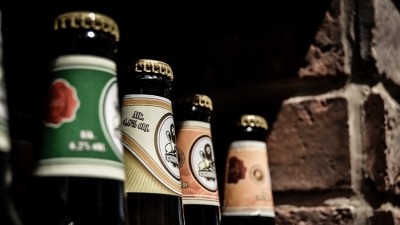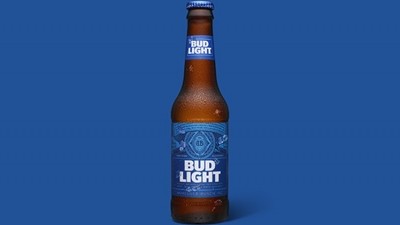Health watchdog pushes harder for mandatory alcohol labelling

The Royal Society for Public Health (RSPH) has dismissed the alcohol sector’s proposal to offer consumers more information about its products, accusing producers of “hiding, not providing”.
The alcohol industry’s proposals:
- Alcoholic beverages are currently exempt from providing ingredients and nutrition information. The European alcoholic beverages sectors are committing to providing the nutrition information and the list of ingredients of their products in tailored and meaningful ways
- The nutrition information and the list of ingredients of our products will be provided to consumers off-label and/or on label, where information provided off-label will be easily accessible from the label itself, either by a web-link, a QR code, a bar code or through other direct means using smart technologies
- The sectors will use traditional and/or innovative tools and may develop comprehensive modern information systems to provide useful information to consumers
- Food business operators responsible for the food information will decide how to display the information
- The information, while abiding to the legal framework laid down in EU or national legislation, will be provided in line with the principles set in this joint proposal and the sectors’ annexes
- We will report on implementation in March 2021. Within the first two years, sectors will report on the progress of their commitments, in accordance with the information provided in the governance section and the sector annexes
Yesterday (12 March), the RSPH released a statement that outlined the organisation’s “disappointment” with the alcohol industry’s self-regulatory proposals for labelling.
The proposals, submitted to the European Commission by representatives from European wine, spirits, beer and cider sectors, and can be accessed through the link above, recommended suppliers give nutritional information and ingredients about their products either on or off-labels.
Off-label information could be accessed by QR codes on packaging, if it was not possible to present such details on the package.
Align with EU guidance
The display of ingredients and nutritional information would align with current EU guidance, said the report.
However, the RSPH has taken umbrage with a lack of enforcement and the fact the proposals do not align with the organisation’s Labelling the Point report released earlier this year, which called for mandatory on-pack calorie labelling.
According to RSPH research, fewer than a quarter (23%) of people say they would look online for information about alcohol before buying.
“The European Commission has previously stated that if it considers the industry’s self-regulatory proposal to be unsatisfactory, it will look into introducing mandatory regulation – and the RSPH is now urging it to do so,” said the organisation.
“With the UK’s exit from the EU looming, RSPH is also urging the UK Government to bring forward comprehensive proposals for better alcohol labelling, including calorie information, health warnings, and mandatory inclusion of the chief medical officer’s low-risk drinking guidelines.”
Harsh labelling
However, many in the pub trade have spoken out about the implementation of harsh labelling rules that could discourage consumers from purchasing alcohol, saying it could be catastrophic for the on-trade.
On the publication of the RSPH’s Labelling the Point report in January, the Portman Group said research showed there was low public interest in stricter alcohol labelling.
Chief executive John Timothy said: “Research we co-funded with the RSPH found little public interest in a radical overhaul of drinks labelling and strong opposition to cramming more information on packs.
“The [joint] study shows that 86% of consumers only look at labels for factual information and branding, with 80% saying they would like to see less cluttered labels.
“When asked specifically about health, 70% said the current approach was about right.”







